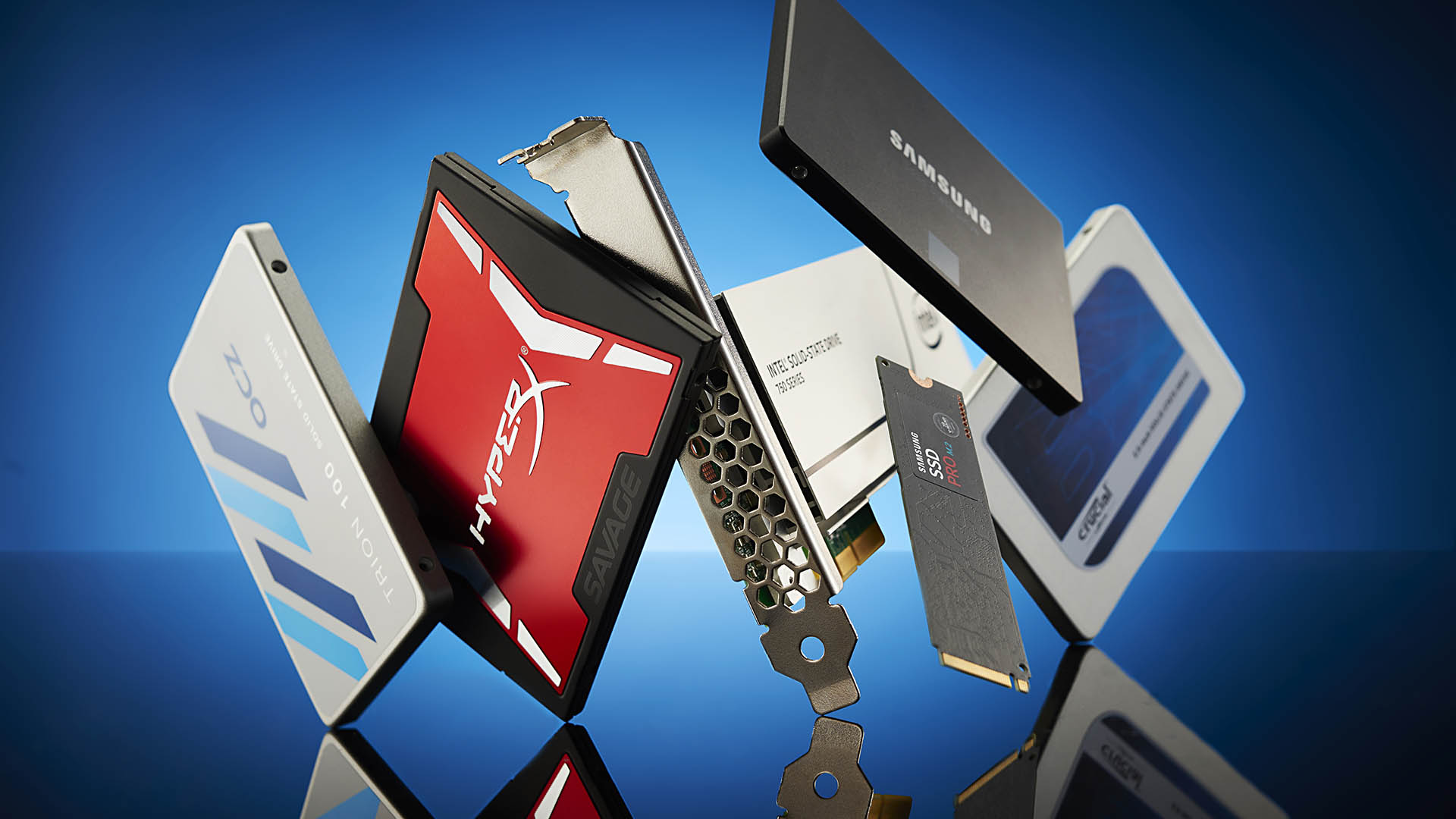Steam Deck 30 fps target is 'the floor of what we consider playable'
A Deck developer at Valve says games have 'consistently met and exceeded that bar'.

Valve coder Pierre-Loup Griffais has clarified that when Valve says the new Steam Deck handheld gaming PC is targeting 30 fps for games at its native resolution of 800p, that "refers to the floor of what we consider playable in our performance testing; games we've tested and shown have consistently met and exceeded that bar so far."
What's more, Griffais says the Steam Deck will include "an optional built-in FPS limiter to fine-tune perf vs. battery life." Presumably the limiter can be enabled through the overlay, and ideally it will remember a player's chosen setting for each game.
Valve has been slowly drip-feeding information about the new Steam Deck, via its IGN best buds, and has recently published a bunch of information about the key hardware at the heart of the device.
As well as detailing the process and performance of having part of your game library sat on an SD card, and the fact that Valve has still yet to find a game the Deck can't handle, key people on the Steam Deck project have talked a bit more about the actual performance of the device itself.
Thanks to running on the latest AMD APU—a quad-core Zen 2 CPU with an 8 CU RDNA 2—Valve believes it's got enough power in the device to cope with the rigours of modern gaming. And it feels like the current trends towards high-res, high-fps gaming is actually helping.
"If people are still valuing high frame rates and high resolutions on different platforms," says Griffais, "I think that content will scale down to our 800p, 30Hz target really well."
Though he does sound a note of caution about what might happen for people who want to favour image quality instead, noting that "we might be in a position where we might have trade offs, but we haven't really seen that yet."
Keep up to date with the most important stories and the best deals, as picked by the PC Gamer team.
And while it hasn't seen existing games the Steam Deck can't handle, Valve is also confident about performance going forward too.
"I think a big factor is that we are using the latest generation GPU from AMD," says hardware engineer, Yazan Aldehayyat. "We are using a new generation CPU from AMD, even the memory itself actually, we are using LPDDR5, which is brand new to the industry. I think we might actually be one of the first products to showcase this new memory technology. In that sense it gives us a lot of future proofing."
Aldehayyat also goes on to talk about other systems using the same architecture, and could well be talking about RDNA 2 optimisations being made for Xbox Series X/S and PlayStation 5 systems helping out the Steam Deck too.

Best SSD for gaming: the best solid state drives around
Best PCIe 4.0 SSD for gaming: the next gen has landed
The best NVMe SSD: this slivers of SSD goodness
Best external hard drives: expand your horizons
Best external SSDs: plug in upgrades for gaming laptops and consoles
"We're not the only people with this architecture," he says, "any user that has it, and any optimisation game developers make for this new architecture will carry forward to all system makers too. So I think we're in a great place."
There is also the possibility that Aldehayyat is talking about other potential systems manufacturers might be making, built around the same custom 'Van Gogh' AMD APU, and sporting Valve's SteamOS 3.0 operating system.
Big boss, Gabe Newell, has spoken about wanting the Steam Deck to open up a new product category, "which could have long-term benefits" for Valve as a company, after all.

Dave has been gaming since the days of Zaxxon and Lady Bug on the Colecovision, and code books for the Commodore Vic 20 (Death Race 2000!). He built his first gaming PC at the tender age of 16, and finally finished bug-fixing the Cyrix-based system around a year later. When he dropped it out of the window. He first started writing for Official PlayStation Magazine and Xbox World many decades ago, then moved onto PC Format full-time, then PC Gamer, TechRadar, and T3 among others. Now he's back, writing about the nightmarish graphics card market, CPUs with more cores than sense, gaming laptops hotter than the sun, and SSDs more capacious than a Cybertruck.

